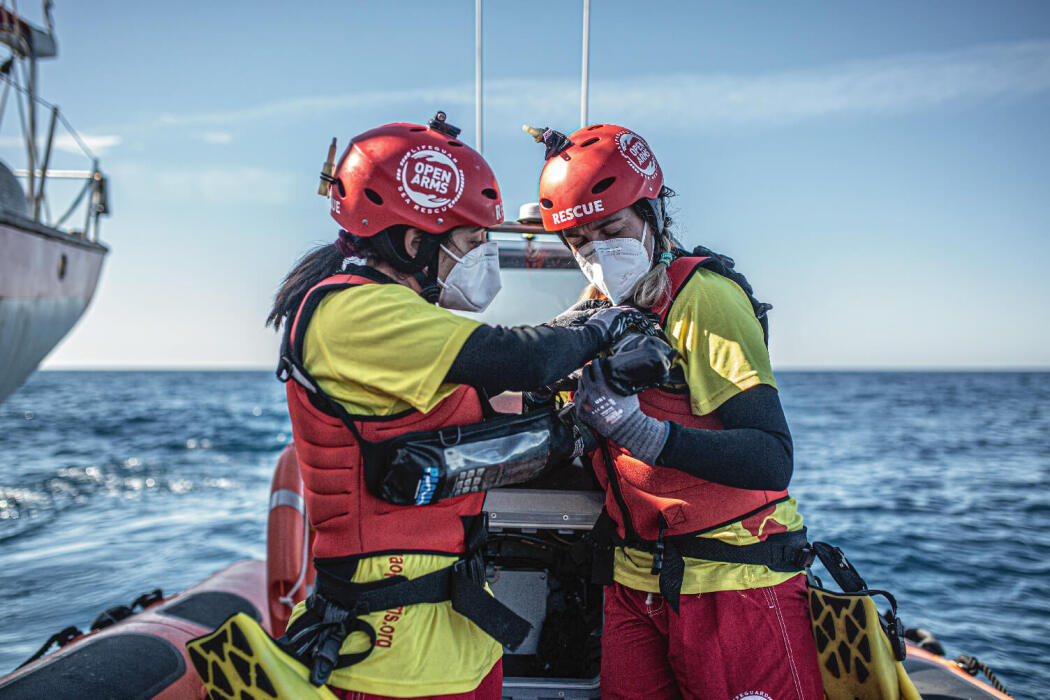Together, we achieve goals.
What's your today?
18 results
News and articles
Cooperative Societies. Cooperativism is the most significant and traditional social economy formula in Catalunya.
When initiating an economic activity, one of the aspects to consider is the most appropriate legal form for the activity we intend to carry out. If ours is a shared project, and we want the people involved to be able to vote and decide on the decisions taken, based on the principle of one person, one vote, then the most fitting formula is likely to be a cooperative. Cooperativism is the social economy formula with the most weight and tradition in Catalunya. As of December 2021, there were a total of 4,521 cooperatives in Catalunya, employing 45,417 people, with a combined turnover of 4.5 million euros.

At Grup Carles, we accompany and advise cooperative and social and solidarity economy projects
Recently at Grup Carles, we renewed the Seal Aquí Assessorem l’Economia Social (Here We Advise the Social Economy), which certifies that we have undergone specific training in the social and solidarity economy. This training allows us to achieve fiscal, labor, and legal specialization in the cooperative model and certifies that we know, work with, and are networked with the cooperative movement and public administrations.

Breach of a job offer: when a preliminary contract gives rise to the right to compensation
Have you made a job offer, the candidate has accepted it and even left their previous job... but in the end the contract has not been formalised? This situation is not uncommon, and the courts have ruled that if there is a preliminary contract or a proven promise of a contract, the person affected can claim compensation for damages. Find out what the case law says and how to handle these cases safely from the payroll and personnel department.

Banking, consumers and the European Court
The European Court has responded to the questions raised by the Barcelona Court of Appeal in the sense of specifying the time limit applicable to the claim for mortgage expenses.

Ensuring the criminal liability of companies
Until 2015, legal entities (limited or public companies, political parties, associations, etc.) could not be subject to criminal liability. In other words, they could not be convicted for committing a crime. This changed with the reform of the Penal Code, which opened the door for certain crimes to be directly attributed to the legal entity, in addition to the natural person who committed the criminal act within the organization.

Forest Schools | An educational project that promotes environmental awareness in children
Inspired by the European movement for nature education, forest schools advocate a pedagogical project working to promote the foundations of an outdoor pedagogical proposal. An innovative model of regulated education for students aged 3 to 6, offering the opportunity to transfer the classroom to the forest so that children can learn in direct contact with nature and the environment.

Mergers and acquisitions: growing safely in 2026
With the start of 2026, many companies are taking advantage of the moment to review strategies and make decisions that will shape their future.
Among these decisions, mergers and acquisitions (M&A) are no longer an option exclusively for large corporations, but have also become a lever for growth for small and medium-sized enterprises in the region seeking to consolidate their competitiveness.

Debt Recovery
Carrying out proper debt collection management is essential for all businesses. This is more evident in exceptional circumstances like the present, where cash flow is the focus of any company and managers and owners realize its importance for business survival. Often, this task becomes laborious for many of them, who have to deal with clients who fail to meet their payment commitments, leading to financial problems for their business. This can affect their growth, as sometimes they must resort to alternative financing sources to continue existing and, in the worst case, can be dragged to closure due to lack of liquidity. For this reason, it is very important that every company has a debt collection policy, implementing methodologies that allow it to be more effective and, consequently, avoid the serious problems that delinquency entails.

Legislative news
Entry into force of Organic Law 1/2025 on efficiency measures for the Public Ministry of Justice.
Organic Law 1/2025, published on 3 January 2025, introduces reforms to improve the efficiency of the public justice system. The main changes include the creation of the Courts of Instance, which replace the unipersonal courts with a collegiate structure, and the mandatory use of appropriate means of dispute resolution (ADR), such as mediation, prior to the initiation of judicial proceedings in civil and commercial matters. These measures aim to streamline the resolution of disputes and reduce the burden on the courts.















